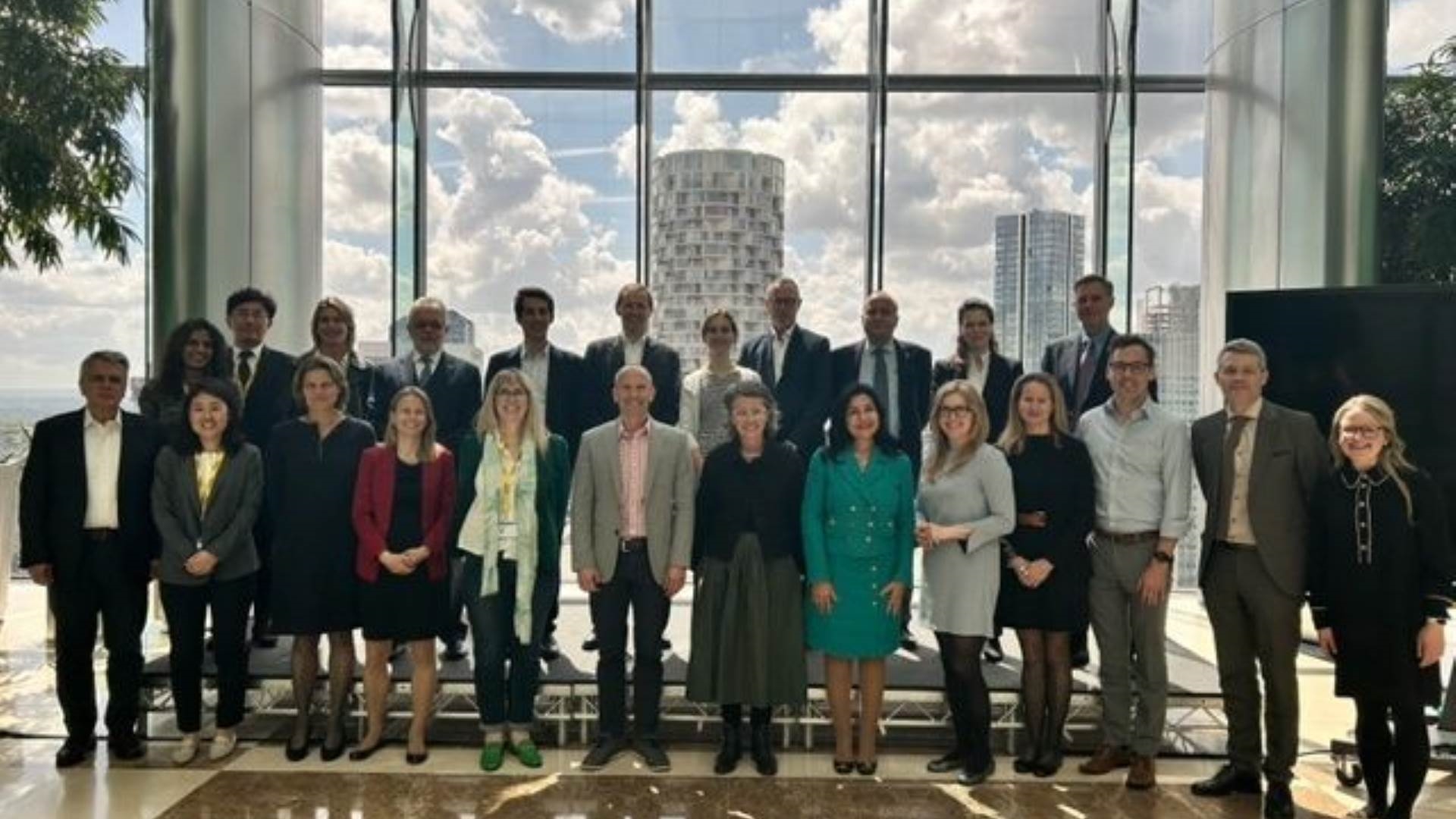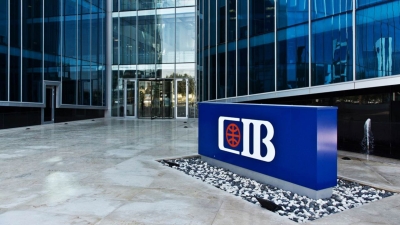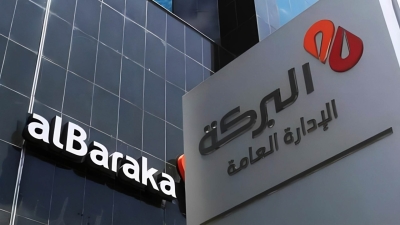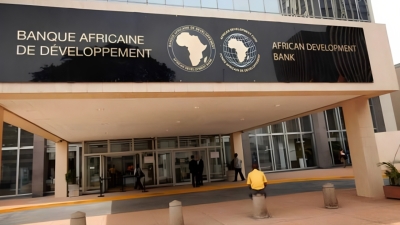CIB Represents Middle East and North Africa in Principles For Responsible Banking Board Meeting
First bank

Commercial International Bank - Egypt, the largest private sector bank in Egypt, was invited to attend the meeting of Principles For Responsible Banking Board (PRB) as a representative for the Middle East and North Africa region in the board meeting held in England.
The meeting was held with the Civil Society Advisory Body, established 2 years ago to facilitate collaboration between civil society and the signatory banks of the Responsible Banking Principles (PRB), which comprise over 300 banks representing nearly half of the global banking sector.
Banking sector leaders and civil society representatives from around the world gathered to discuss the progress made by the signatories so far and their strategic vision for the next phase of Principles For Responsible Banking.
The meeting provided an opportunity to exchange priorities and practical challenges faced by each institution and civil society representatives to identify specific expectations for the future strategic vision of 2030.
Civil Society Advisory Board also urged the signatory members to act faster in addressing the most urgent global crises, including climate change, biodiversity loss, social justice, and financial inclusion, with a priority focus on the climate crisis.
Dr. Dalia A. Kader, Head of Sustainable Finance Sector at Commercial International Bank and representative for the Middle East and North Africa in the Responsible Banking Principles Board, stated that the bank's goal is to evaluate the performance framework and set the strategic direction for 2030 to ensure the effectiveness and credibility of responsible banking plans and objectives.
She added that the meeting with civil society representatives focused on the banks' need to accelerate the implementation of responsible banking principles and enhance effective customer engagement.
As one of the founding signatories of the Responsible Banking Principles, the bank made a commitment to transparently disclose the positive and negative impacts resulting from financing decisions on the environment and communities surrounding its operations, in line with the principles of responsible banking.













